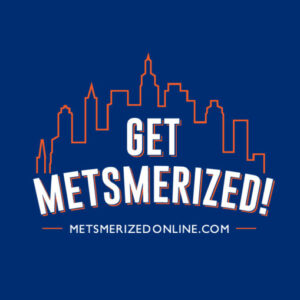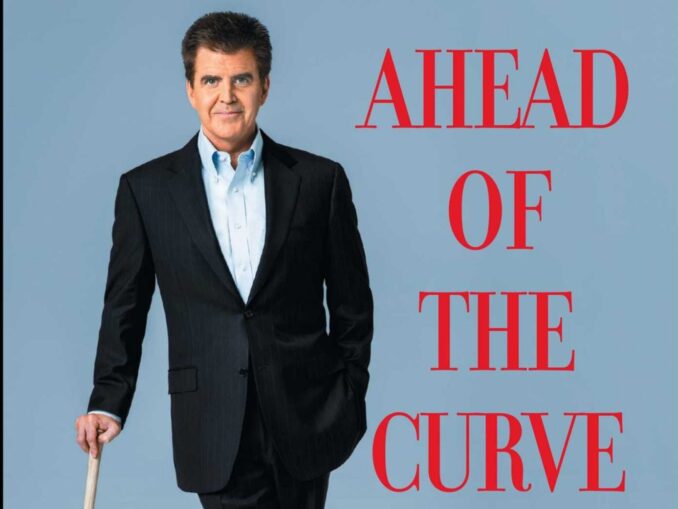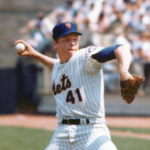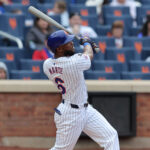As an avid reader– and now a graduate student studying sports industry management– I have done my fair share of reading and critiquing some good and some not-so-good books on baseball. While we all enjoy a quick-hitting game recap or a fast analysis of players, there’s something magical about flipping through the pages of a long-form, thought-provoking book about baseball. Whether you want to understand the sport through a different lens, or are just plain bored during this quarantine, I’ve compiled a list of some cult favorites, as well as some of my own personal recommendations (in no particular order):
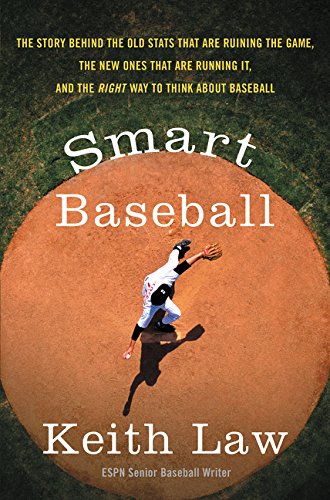
1. Smart Baseball: The Story Behind the Old Stats That Are Ruining the Game, the New Ones That Are Running It, and the Right Way to Think About Baseball by Keith Law
A fan favorite among the Metsmerized staff is Smart Baseball, written by Keith Law from The Athletic (formerly with ESPN). The book delves deeper into the evolution of sabermetrics in the industry, what it means for the future of baseball and long-standing traditionalists who oppose the methods. The book is a great primer for the average fan who wants to expand his or her knowledge beyond batting average and RBI. Whether you’re a skeptic or a believer in the value of sabermetrics, this could be a great way to learn more about the science behind sabermetrics or refine the knowledge you already have.
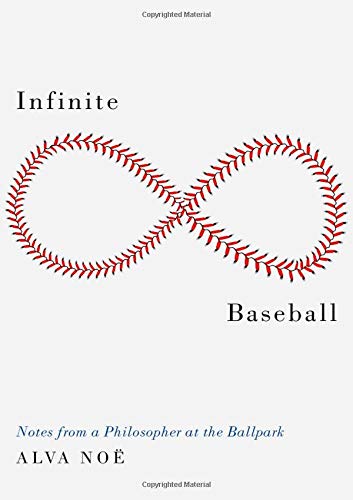
2. Infinite Baseball: Notes from a Philosopher at the Ballpark by Alva Noë
I picked this book up while I was in Washington, D.C. for the 2019 World Series and finally started it, now that I have some downtime. If you’re a vehement believer that baseball is an exciting sport, despite what some of your friends or family may think, Infinite Baseball captures the fan experience at its core and the narrative behind every game. As a philosopher, Alva Noë examines the fascination behind baseball and its greater clear-cut lesson of every action needing credit and blame, and even why it’s okay for adults to want nothing more than to catch a ball in the stands. He has some interesting takes, notably his stance on comparing PEDs to Tommy John Surgery, but it is thought-provoking to say the least. The author is also a Mets fan, which explains why he has an entire chapter dedicated to Matt Harvey.
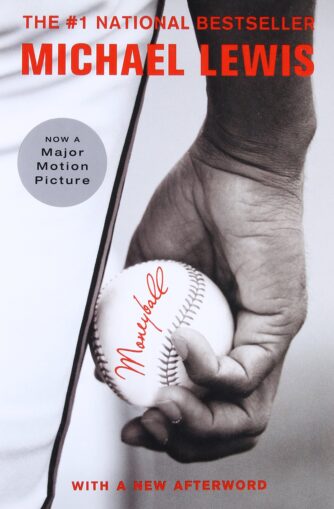
3. Moneyball: The Art of Winning an Unfair Game by Michael Lewis
Moneyball, which was made into many fans’ favorite baseball film (starring Brad Pitt and Jonah Hill), centers around the early-2000s Oakland A’s and their manager, Billy Beane. The book narrates the A’s utilization of sabermetrics to scout low-buy players, all to compete with the likes of richer teams like the New York Yankees. The book calls into question traditionalists in the industry, who are often considered subjective, and the value of sabermetric enthusiasts who are considered to be “playing Moneyball.” Lewis highlights the success of the 2002 A’s in cracking the code and ultimately changing many of the business practices of MLB front offices. The film is also a fan-favorite among the Metsmerized crew, but consider reading the book if you haven’t yet to see how it measures up.
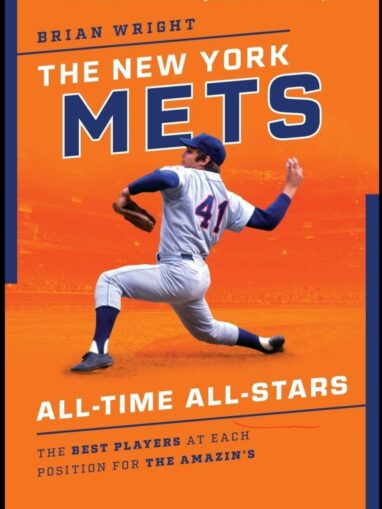
4. The New York Mets All-Time All-Stars by Brian Wright
It’s a no-brainer that a book centered around the Mets deserved a spot on this list. This book notes some of the Mets franchise greats and how they measure up, including Tom Seaver, Jacob deGrom, Gary Carter, and Mike Piazza, to name a few. Wright compiles an all-time, All-Star lineup of the greats, and even assesses management and ownership. With some downtime since the 2020 regular season is delayed, consider reading this to study up on some of the Mets greatest to grace the field. Whether you’re a new fan or you’ve been on the journey since ‘62, there is never a bad time to reminisce and imagine every Mets great in one lineup.
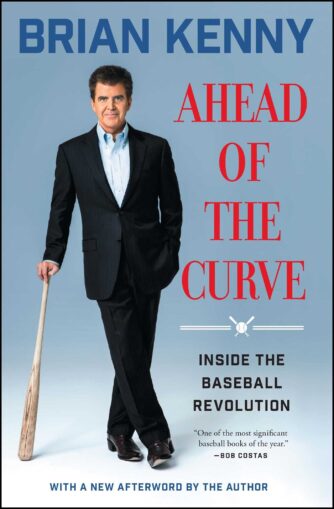
5. Ahead of the Curve: Inside the Baseball Revolution by Brian Kenny
MLB Network’s Brian Kenny offers his own account of the value of sabermetrics and analytical thinking with Ahead of the Curve. While he notes that traditionalists believe in “preserving the game,” Kenny offers insight as to why fans and industry experts alike should embrace the sabermetric era of the sport. Sabermetrics are more widely accepted nowadays, with many thanks to its creator Bill James, but this book offers a greater understanding of the evolution of advanced metrics and the value in going against the grain to gain a better understanding of the game and its players. While it is considered similar to the aforementioned Smart Baseball, this book may be better suited for someone who has a baseline understanding of sabermetrics.
No matter how you’re spending your socially-distanced days, picking up a good book can certainly pass the time as we patiently await the season’s start. What are your favorite baseball books? Tweet us @Metsmerized and let us know!
